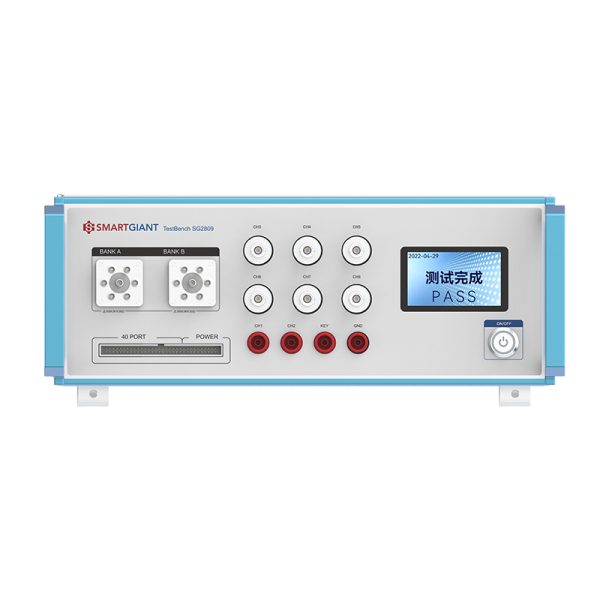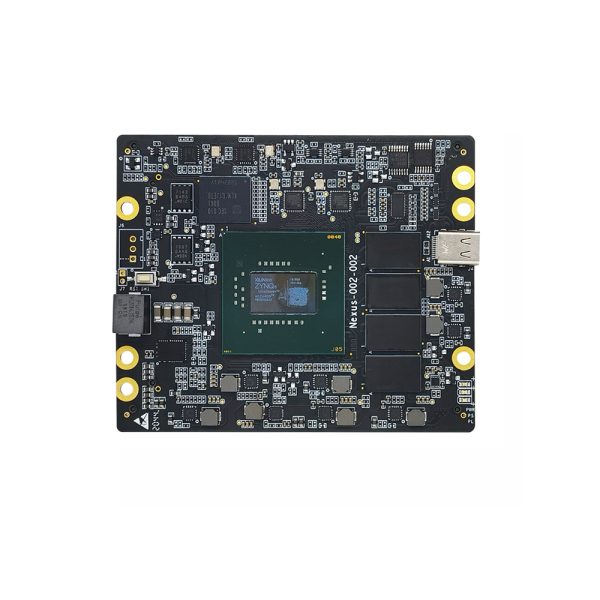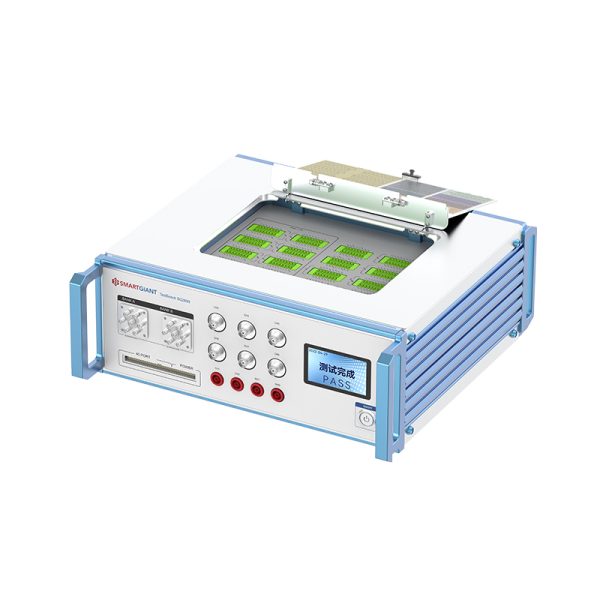
In today’s rapidly evolving technological landscape, field programmable gate array (FPGA) technology has emerged as a game-changer. With its ability to be reprogrammed and customized for specific applications, FPGA offers unparalleled flexibility and performance. In this article, we will delve into the world of FPGA technology and explore its various applications.
Click to find more about field programmable gate array fpga technology.
The Versatility of Field Programmable Gate Array (FPGA) Technology
Field programmable gate array (FPGA) technology is a type of integrated circuit that can be programmed after manufacturing. Unlike traditional application-specific integrated circuits (ASICs), which are designed for specific functions, FPGAs offer the advantage of being highly customizable. This means that they can be tailored to meet the unique requirements of different industries and applications.
FPGAs consist of an array of configurable logic blocks interconnected by programmable interconnects. These logic blocks can be configured to perform complex operations such as arithmetic calculations, data processing, signal modulation/demodulation, and more. The ability to reconfigure these logic blocks allows for rapid prototyping and iterative development cycles.
The Role of SMARTGIANT in Leveraging FPGA Technology
One company at the forefront of harnessing the power of FPGA technology is SMARTGIANT. As a leading provider in this field, SMARTGIANT specializes in developing innovative solutions using FPGAs across various industries.
SMARTGIANT’s expertise lies in designing high-performance hardware systems that leverage FPGA capabilities to deliver exceptional speed and efficiency. By utilizing FPGAs’ parallel processing capabilities, SMARTGIANT’s solutions enable real-time data analysis with minimal latency.
Furthermore, SMARTGIANT collaborates closely with clients to understand their specific needs and develop customized FPGA-based solutions. This collaborative approach ensures that the final product meets the exact requirements of each client, resulting in optimized performance and enhanced functionality.
The Face Recognition Module: A Revolutionary Application of FPGA Technology

One notable application of FPGA technology is in face recognition modules. These modules utilize FPGAs’ parallel processing capabilities to perform complex facial analysis tasks with remarkable accuracy and speed.
By leveraging the reconfigurability of FPGAs, face recognition modules can adapt to different lighting conditions, facial expressions, and angles. This flexibility allows for reliable identification even in challenging environments.
In addition to its accuracy and adaptability, face recognition modules based on FPGA technology offer real-time processing capabilities. This makes them ideal for applications such as access control systems, surveillance systems, and biometric authentication.
The Future Potential of Field Programmable Gate Array (FPGA) Technology
Field programmable gate array (FPGA) technology holds immense potential for future advancements across various industries. Its ability to be reprogrammed enables rapid prototyping and iterative development cycles, making it a valuable tool for innovation.
FPGAs are already being utilized in fields such as telecommunications, automotive electronics, aerospace engineering, data centers, and more. As technology continues to evolve at an unprecedented pace, we can expect further integration of FPGA technology into emerging sectors like artificial intelligence (AI), Internet of Things (IoT), edge computing, and autonomous vehicles.
In conclusion,field programmable gate array (FPGA) technology offers unparalleled versatility through its customizable nature.SMARTGIANT’s expertise in harnessing this technology has led to innovative solutions that deliver exceptional performance.The revolutionary application of FPGA technology in face recognition modules showcases its potential for accurate real-time analysis.With ongoing advancements and increasing adoption across industries,the future looks promising for field programmable gate array (FPGA) technology.